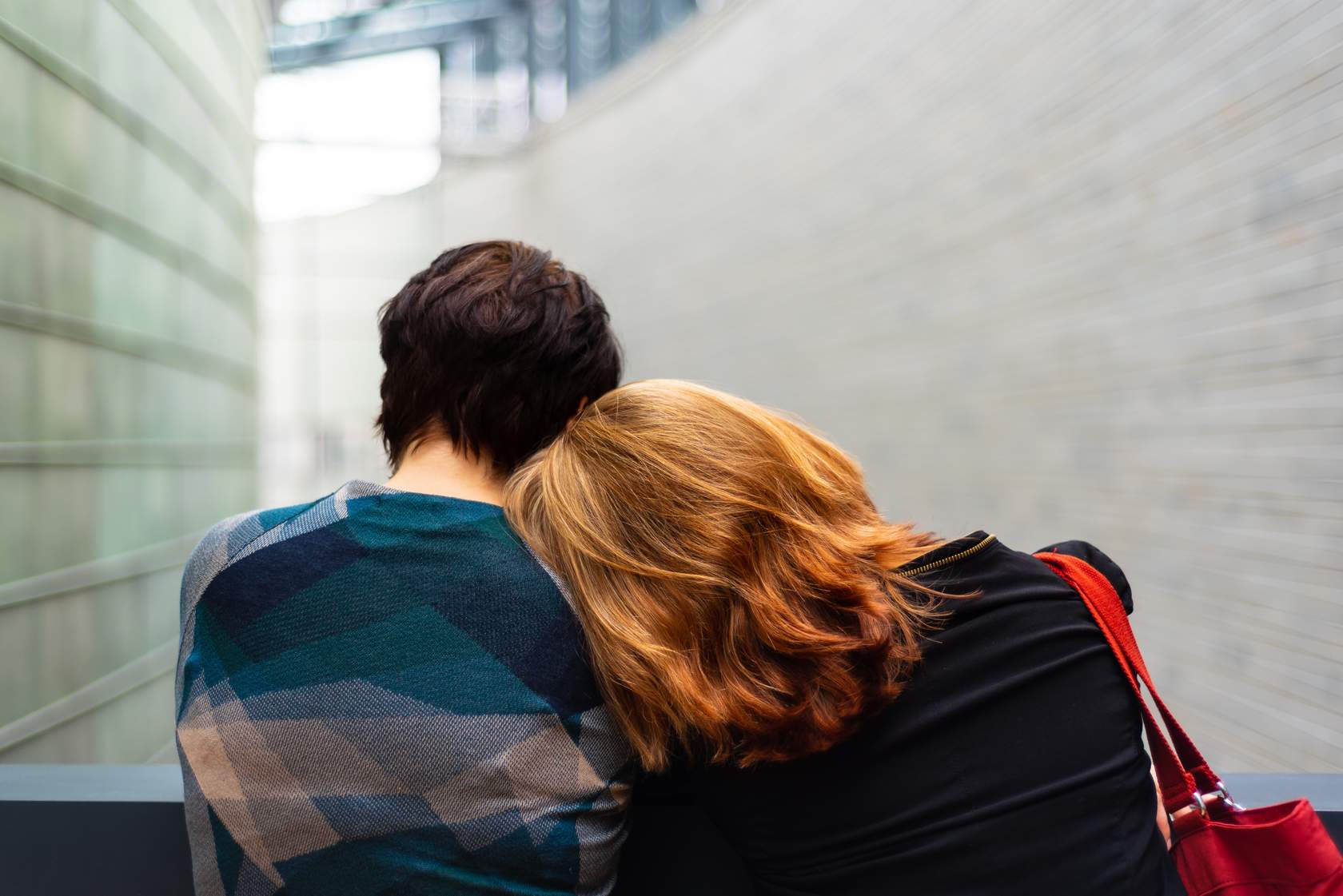The UK has marked one year since the first coronavirus lockdown was announced. A minute’s silence was held at midday March 23rd 2021 as part of a day of reflection Since 23rd March 2020 the UK’s official death toll has risen from 364 to 126,172. People are also being encouraged to stand on their doorsteps at 20:00 GMT with phones, candles and torches to signify a “beacon of remembrance”.It is being organised by end-of-life charity Marie Curie.
There is no right or wrong way to feel following a loss or bereavement. Some people seek help immediately, show their emotions and talk to people, others prefer to deal with things in their own time and by themselves. Grief can be difficult and stressful and nearly everybody goes through it at some point in their lives. Despite this, it can be very difficult to predict how we might react to a loss, as it is a very individual process. After a loss you may experience any of the following:
- Sadness or depression. This can be brought on at the realisation of the loss and may cause you to isolate yourself whilst reflecting on things you did with your loved one or focusing on memories from the past.
- Shock, denial or disbelief. It is natural for our minds to try to protect us from pain, so following a loss some people may find that they feel quite numb about what has happened. Shock provides emotional protection from becoming overwhelmed. This is natural and helps us to process what has happened at a pace that we can manage, and not before we are ready.
- Panic and confusion. Following the loss of someone close to us we can be left wondering how we will fill the gap left in our lives, and can experience a sense of changed identity.
- Anger or hostility. Losing somebody can be painful and seem unfair. Feelings people experience can include anger, frustration and wanting to blame someone to try to make sense of it.
- Feeling overwhelmed. Grief can hit people immediately and with full force, potentially causing them to cry a lot or feel like they are not coping. Over time feelings of grief tend to become less intense and people find a way to live with them.
- Relief. People sometimes feel relieved when somebody dies. Relief is a normal response and does not necessarily mean you did not love or care for the person.
- Mixed feelings. All relationships have their difficulties and you may think that, because you had a difficult relationship with the person, that you will grieve less or cope better. Instead you may find that you feel a mix of emotions like sadness, anger, guilt and anything in between.

rising suicide rates in under-25s
Losing someone to suicide
People bereaved by suicide can have a particularly complex set of feelings and can experience additional struggles and dilemmas in trying to resolve their grief.
In addition to the listening services Samaritans provide, an important part of Samaritans work is understanding and challenging the social elements that impact suicide.
Supporting and listening
if you’re worried about someone and want to talk to them, here’s some useful tips.
If you have been affected by bereavement or suicide
There are organisations that you can talk to:
Samaritans
Samaritans are there to listen. Their free helpline is available round the clock on 116 123. Or contact Samaritans by email: jo@samaritans.org
Mind
The charity Mind won’t give up until everyone experiencing a mental health problem gets support & respect. Call their infoline on 0300 123 3393 or email info@mind.org.uk.
Cruse
Cruse Bereavement Care is the UK’s largest bereavement charity. Call 0808 8081677 Mon-Fri, 10-2 Sat-Sun.